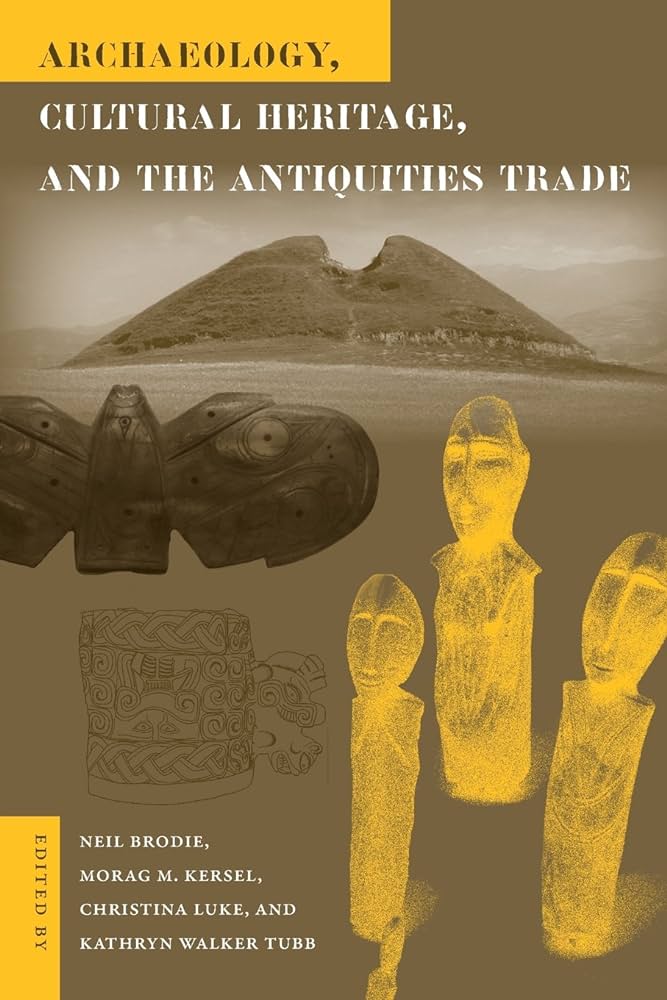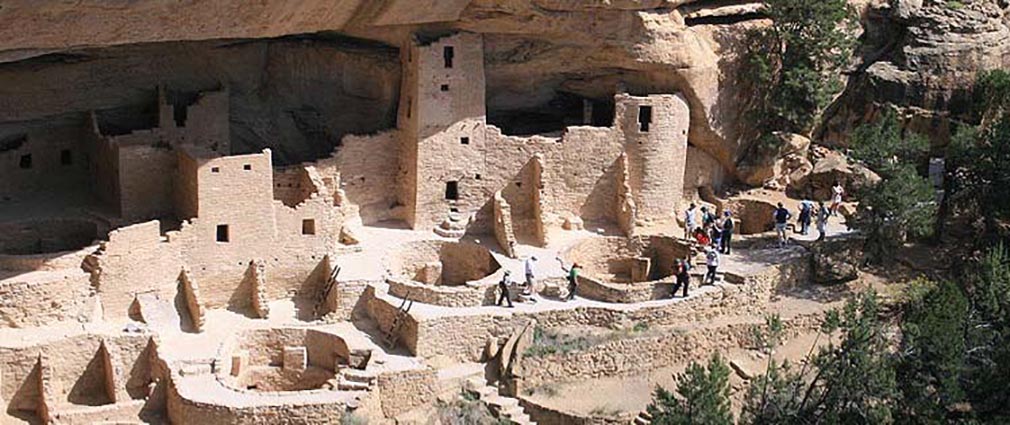Uncovering the Secrets of the Past: Exploring Environmental History
Welcome to our blog post where we embark on a journey to explore the captivating field of environmental history. Unveiling the secrets of the past, we dig deep into the interconnected relationship between humans and the environment throughout history. Join us as we delve into the significance of understanding our environmental heritage, the benefits of studying environmental history, and the fascinating insights it can provide.
1. The Importance of Environmental History
Understanding our past is crucial for building a sustainable future. Environmental history allows us to comprehend how human actions have shaped the environment over time. It sheds light on the complex interactions between societies and nature, offering valuable insights that can guide present-day decision-making.
2. Unearthing Lessons from the Past
Exploring environmental history exposes us to a vast array of case studies and stories from different epochs. By examining how societies in the past coped with environmental challenges, we can learn valuable lessons. From ancient civilizations’ agricultural practices to the Industrial Revolution’s environmental impacts, each era provides unique perspectives on human-environment interactions.
3. Recognizing Patterns of Change
Studying environmental history helps us identify patterns of change and understand the consequences of specific actions. By tracing the historical roots of environmental issues, such as deforestation or overexploitation of resources, we can gain a better understanding of their long-term effects and develop effective strategies for mitigation and conservation.
4. Preserving Cultural and Natural Heritage
Environmental history encompasses not only the study of natural ecosystems but also human cultural landscapes. It helps us recognize the cultural heritage associated with the environment, such as traditional farming techniques, indigenous practices, or the evolution of urban spaces. Preserving and learning from these cultural connections enriches our understanding of both past and present.
5. Fostering Interdisciplinary Research
Environmental history is an interdisciplinary field that draws upon various disciplines such as history, ecology, geography, anthropology, and more. By promoting collaboration across different fields, it facilitates a holistic understanding of past human-environment dynamics. This interdisciplinary approach encourages innovative solutions and enriches our knowledge about the world we inhabit.
6. Enhancing Conservation and Sustainability Efforts
The insights gained from environmental history guide modern conservation and sustainability efforts. By understanding how ecosystems have evolved and been impacted by human activities, we can make informed decisions to protect and restore fragile environments. Environmental history assists in establishing long-term perspectives on conservation, emphasizing the importance of preserving biodiversity and maintaining ecological balance.
Conclusion
Exploring environmental history uncovers a treasure trove of knowledge about our past and provides valuable lessons for shaping our future. By examining the intricate relationship between humans and the environment throughout history, we gain insights into the consequences of our actions and discover sustainable pathways forward. Let us embrace this fascinating realm of study and utilize its wisdom to create a more environmentally conscious world.











